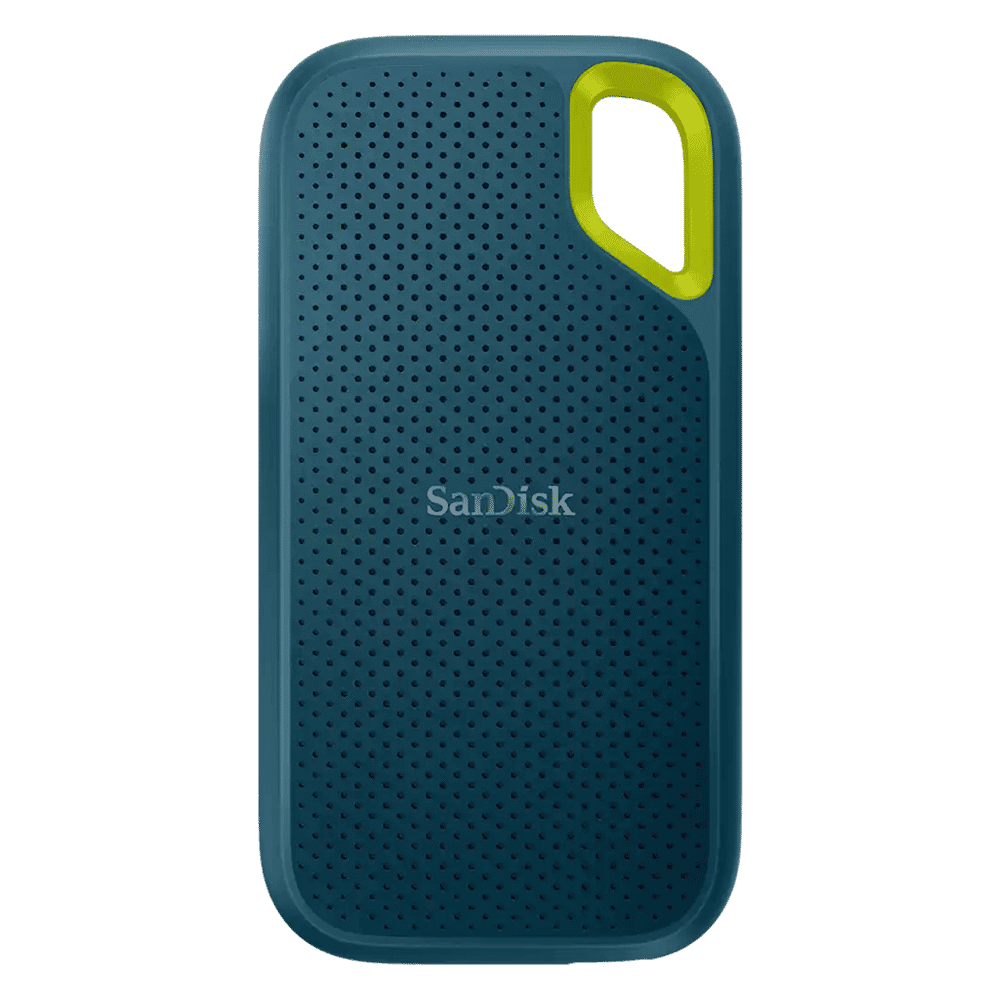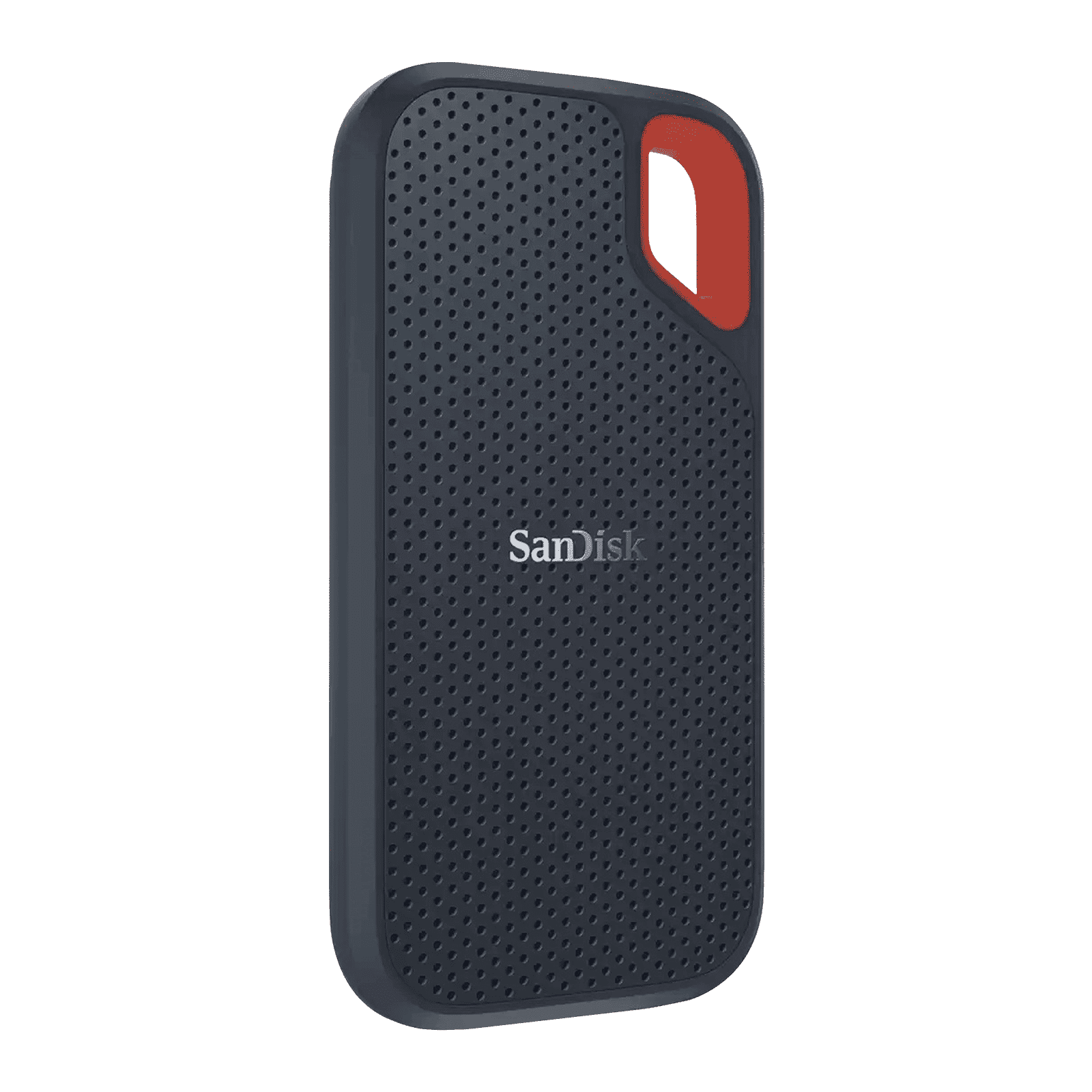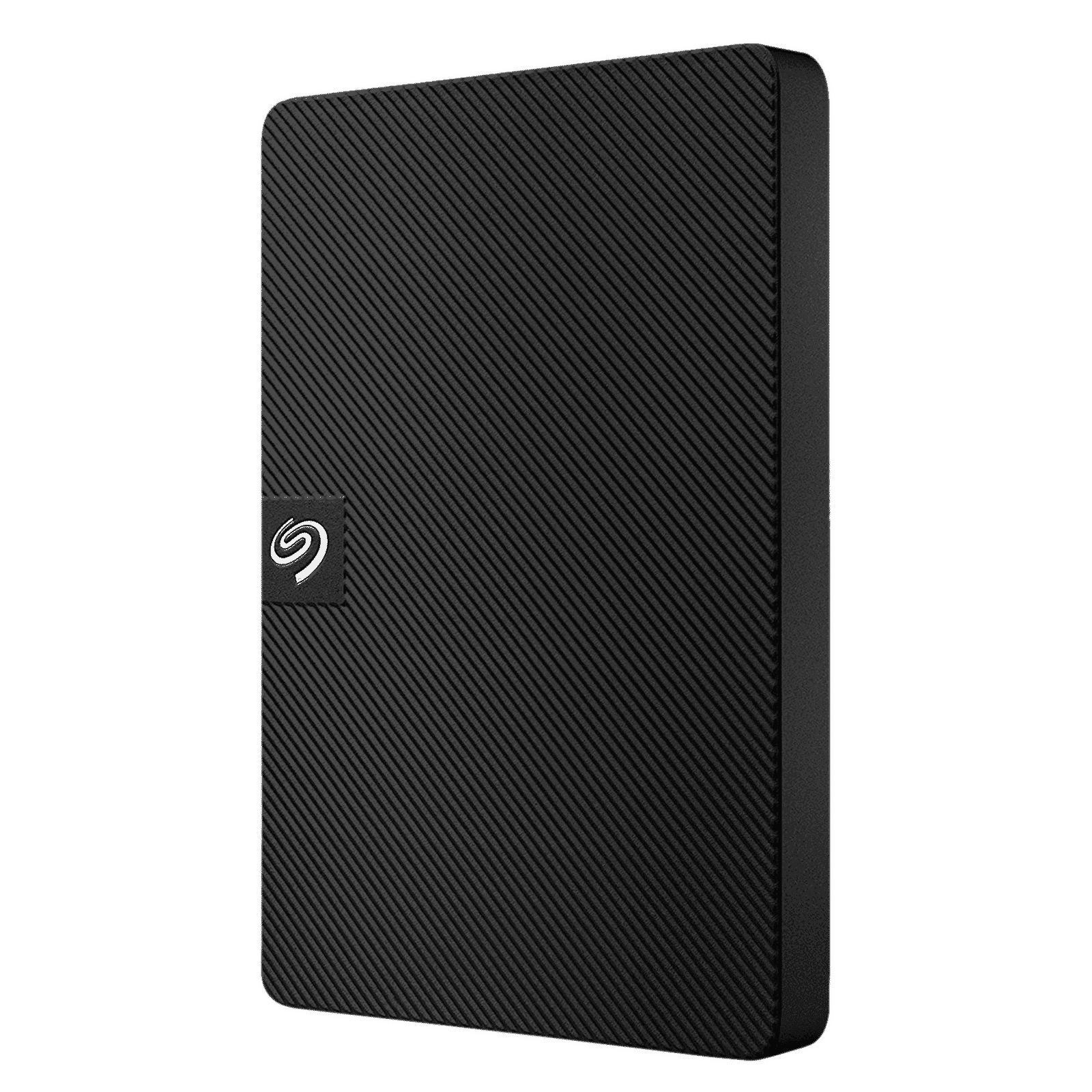%20(Presentation)%20(1600%20x%20600%20px)(514)-c489f6e8-b91b-4924-8de3-8c36bfc91c1a.webp&w=3840&q=75)
Consumer Electronics
•04 min read

Buy SanDisk Extreme 1 TB USB Type-C (3.2) Portable Solid State Drive (Drop Protection, Monterey) online at best prices from Croma. Check product details, reviews & more. Shop now!
Imagine launching your favourite game and not having to wait endlessly for the action to begin. The right storage choice for your gaming rig can make all the difference, whether it’s a sleek SSD or a capacious HDD. In this post, we explore common questions about gaming on SSD vs HDD, breaking down the differences, performance impacts, and practical advice to help you decide which upgrade best suits your gaming needs.
Solid State Drives (SSDs) use flash memory with no moving parts, which means they can access data much faster than traditional Hard Disk Drives (HDDs) that rely on spinning disks and mechanical components. This core difference not only affects speed, but also durability. In gaming, where every millisecond matters, SSDs usually have the upper edge.
The type of storage you choose impacts everything from game load times to overall performance. Gamers specifically value quicker gaming load times on SSD, while many still appreciate the weight that larger capacity HDDs can offer for extensive game libraries.
Consider the scenario where a game loads in just 10 seconds on an SSD compared to 45 seconds on an HDD. Faster load times translate directly into more time playing rather than waiting on screens. This is particularly noticeable in games with expansive worlds and numerous assets.
The read/write speeds of SSDs mean faster data processing and quicker texture streaming. While improved speeds can reduce the stuttering often seen in large open-world titles, it’s important to note that SSDs do not directly increase FPS or solve network delays. Their real benefit lies in delivering a more seamless and responsive gaming experience.
Beyond load times, SSDs offer benefits like quick booting, rapid updates, and reduced stuttering when switching between in-game assets. The cumulative effect of these improvements is a smoother overall gaming session that lets you focus on enjoying your game.

Buy SanDisk Extreme 500GB USB Type-C (3.2) Portable Solid State Drive (IP65 Water and Dust Resistance, Black) online at best prices from Croma. Check product details, reviews & more. Shop now!
When it comes to storage, there is a constant balancing act between speed and capacity. A 256GB SSD provides impressive speed, but it might not hold the entirety of a significant gaming library. Conversely, a 1TB HDD may offer ample space but at the expense of speed. Understanding these trade-offs can help you make choices that align with your usage patterns. Shopping on Tata Neu not only gives you access to premium gaming components but also offers express delivery for orders placed before 6pm and expert after-sales support through ZipCare.
Many gamers adopt a hybrid approach, using an SSD for installing the operating system and frequently played games, while utilising an HDD for additional storage needs. This combination can provide the benefits of fast load times alongside the practicality of ample space, ensuring that you get the best of both worlds.
SSDs come with an endurance rating, often measured in terabytes written (TBW), which indicates how much data can be written before the drive might start to wear out. TBW (terabytes written) is a measure of how much data can be written to the drive before it may start to degrade, ensuring you understand its long-term durability. Under normal gaming workloads, modern SSDs usually have more than enough endurance for long-term use, while HDDs tend to offer sturdy performance for data storage over many years.
Keeping your SSD in top shape is simpler than you might think. Regular firmware updates and avoiding unnecessary write cycles can help extend its lifespan. Similarly, periodic checks and maintenance can ensure your HDD remains a reliable backup companion as years pass.
Your ideal storage setup depends on your personal needs. Are you a hardcore gamer who values every second saved through fast load times, making an SSD indispensable for you? Or do you lean towards having an extensive game library where capacity may take precedence over sheer speed? Weighing your budget along with your performance and space requirements can lead to a more informed decision.
For gamers who require portability or additional space without opening up their system, external storage solutions are worth considering. External SSDs bring the same advantages of speed to the table, ideal for quick game launches on the go. Alternatively, if space and cost are your primary concerns, external HDDs can provide reliable extra storage, albeit at slower speeds.

Buy SEAGATE Expansion 2TB USB (3.0) Portable Hard Disk Drive (Rescue Data Recovery Services, Black) online at best prices from Croma. Check product details, reviews & more. Shop now!
Insight Corner: Why Gamers Swear by SSDs for Faster Load Times
Did you know that upgrading to an SSD can significantly reduce game loading times, based on common industry observations? For open-world games with massive maps, this means less waiting and more playing. Consider starting with a 500GB SSD for your most-played games—it’s a game-changer!
SSDs are better for gaming because they offer faster load times and smoother performance. However, HDDs are more affordable and provide higher storage capacities, making them better for storing large game libraries.
Yes, games often load slower on HDDs due to their mechanical nature. While gameplay may remain smooth, loading screens and in-game asset streaming will be noticeably longer compared to SSDs.
An SSD can help reduce stuttering caused by slow data access, which is beneficial in games with frequent asset streaming. However, it does not directly affect network lag or FPS, which depend on system hardware and connectivity.
It depends on your needs. A 256GB SSD will provide faster load times for your operating system and selected games, while a 1TB hard drive offers more space for a comprehensive game library at a lower cost.
For portability and speed, external SSDs are generally preferred. If you require more space without a high price tag, external HDDs can serve as a viable alternative despite their slower speeds.
Choosing between an SSD and an HDD for gaming ultimately comes down to your priorities. If speed and performance are paramount in your gaming experience, an SSD stands out as the clear winner. On the other hand, if budget constraints and a need for extensive storage dictate your choice, an HDD or a hybrid storage solution may best suit your needs. By understanding the unique strengths and limitations of each option, you can make an informed decision that elevates your gaming setup. With Tata Neu’s customer-first approach, you can shop confidently, enjoying seamless purchase experiences that also reward you with NeuCoins, supporting your journey to a more connected lifestyle.